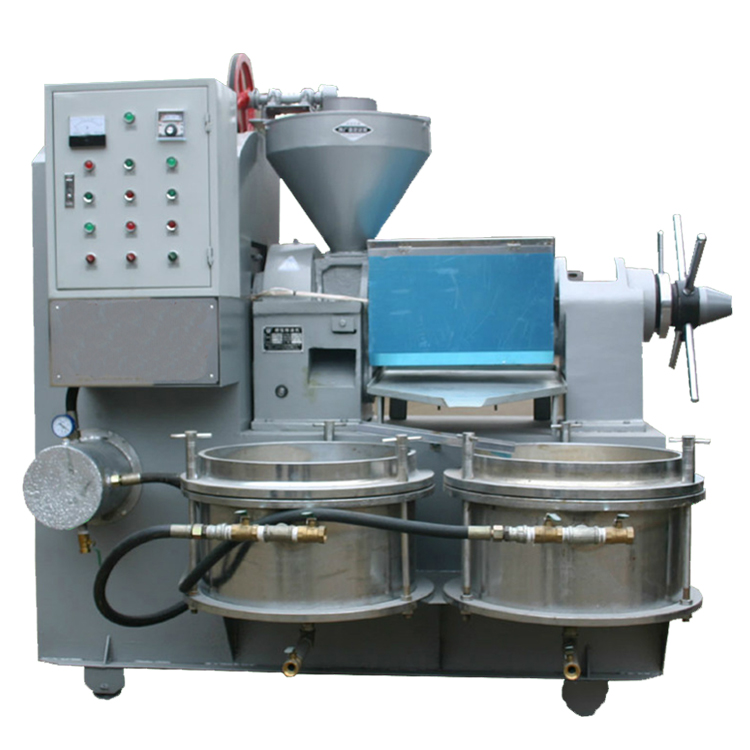Дек . 11, 2024 09:14 Back to list
Manufacturing Processes for High-Quality Refined Cooking Oil Equipment and Facilities
Understanding Refined Cooking Oil The Role of Factory Machinery
Cooking oil is a fundamental ingredient in kitchens worldwide, playing a crucial role in various culinary applications. The process of refining oil from raw seeds or nuts to a usable product involves significant machinery and technology. This article delves into the intricate workings of food oil refined machine factories, highlighting their importance in the oil production chain and the innovative technology that drives them.
The Importance of Oil Refining
Before discussing the machinery involved, it’s essential to understand the refining process. Raw oil extracted from seeds or fruit often contains impurities—such as phospholipids, free fatty acids, pigments, and odoriferous compounds—that can affect its quality, taste, and shelf life. Refining helps to eliminate these impurities, ensuring that the oil is safe for consumption and has desirable characteristics. The refinement process typically includes degumming, neutralization, bleaching, and deodorization.
Components of the Refining Process
The refining of cooking oil is a multi-step process, and each step utilizes specific machinery
1. Degumming The first step involves removing phospholipids and other water-soluble impurities. This is often done by mixing the oil with hot water or acid, followed by centrifugation. Equipment used in this phase includes degumming tanks and centrifuges.
2. Neutralization Following degumming, neutralization removes free fatty acids that can affect the oil's flavor and stability. This step typically utilizes caustic soda. The oil is mixed with the caustic solution, which reacts with the free fatty acids to form soap that can be easily separated. Neutralizers and separators are crucial at this stage.
3. Bleaching This step aims to remove color pigments and further eliminate impurities. Bleaching earth or activated carbon is mixed with the oil to absorb unwanted colors. Filters and bleaching equipment are essential here to ensure the oil is clear and appealing.
4. Deodorization The final refinement step involves the removal of volatile compounds that can impart undesirable odors and flavors to the oil. This is achieved through steam distillation under high temperatures and vacuum conditions, requiring sophisticated deodorization equipment.
food oil refined machine factories

Advanced Machinery in Oil Refining
The evolution of technology has greatly influenced the efficiency and effectiveness of oil refining machinery. Modern factories employ advanced systems that integrate automation and real-time monitoring, ensuring consistent quality and output while minimizing waste.
1. Continuous Refining Systems Unlike traditional batch processes, continuous refining systems allow for a steady flow of oil through the refining stages. This not only increases productivity but also improves the overall efficiency of the process.
2. Automated Control Systems Modern refining plants are equipped with automated control systems that monitor temperature, pressure, and flow rates throughout the refining process. This enhances precision and ensures that the oil adheres to quality standards.
3. Environmental Considerations With a growing emphasis on sustainability, many factories are adopting eco-friendly practices. This includes water recycling systems, waste minimization techniques, and energy-efficient machinery that reduce the carbon footprint of the refining process.
4. Quality Testing Equipment To maintain high standards, sophisticated quality testing equipment is utilized at various stages of the refining process. This ensures that the final product meets both regulatory standards and consumer expectations.
The Future of Oil Refining
The food industry is continually evolving, and so is the machinery that supports it. Innovations such as enhanced extraction techniques, biotechnology for purification, and smart manufacturing are set to redefine how oils are refined in the future. These advancements not only improve the efficiency of refining but also address consumer demand for healthier, more sustainable products.
Conclusion The Unsung Heroes of Cooking Oil
Food oil refined machine factories play a pivotal role in transforming raw seeds and nuts into the cooking oils that we use every day. The intricate machinery and technological innovations involved in the refining process ensure that the oils are safe, flavorful, and shelf-stable. With ongoing advancements and a focus on sustainability, the future of oil refining looks promising, paving the way for even better quality products and reduced environmental impact. As we cook and prepare our meals, it is important to recognize the sophisticated systems that contribute to one of our most essential kitchen staples refined cooking oil.
-
Expert Food Oil Refined Unit Companies | Advanced & Efficient Refining
NewsAug.26,2025
-
Food Oil Refined Machine Companies: High-Efficiency Oil Refining
NewsAug.25,2025
-
Popular Commercial Oilseed Crushing Machinery | High-Yield Oil Expeller Press
NewsAug.24,2025
-
Food Oil Refined Unit Companies: Leading Manufacturers & Exporters
NewsAug.23,2025
-
Expert Oil Filter Machine Service & Solutions | Quality & Reliability
NewsAug.22,2025
-
LZY-206 Double Screw Cold Oil Press – Maximize Yield, Preserve Nutrients
NewsAug.21,2025
